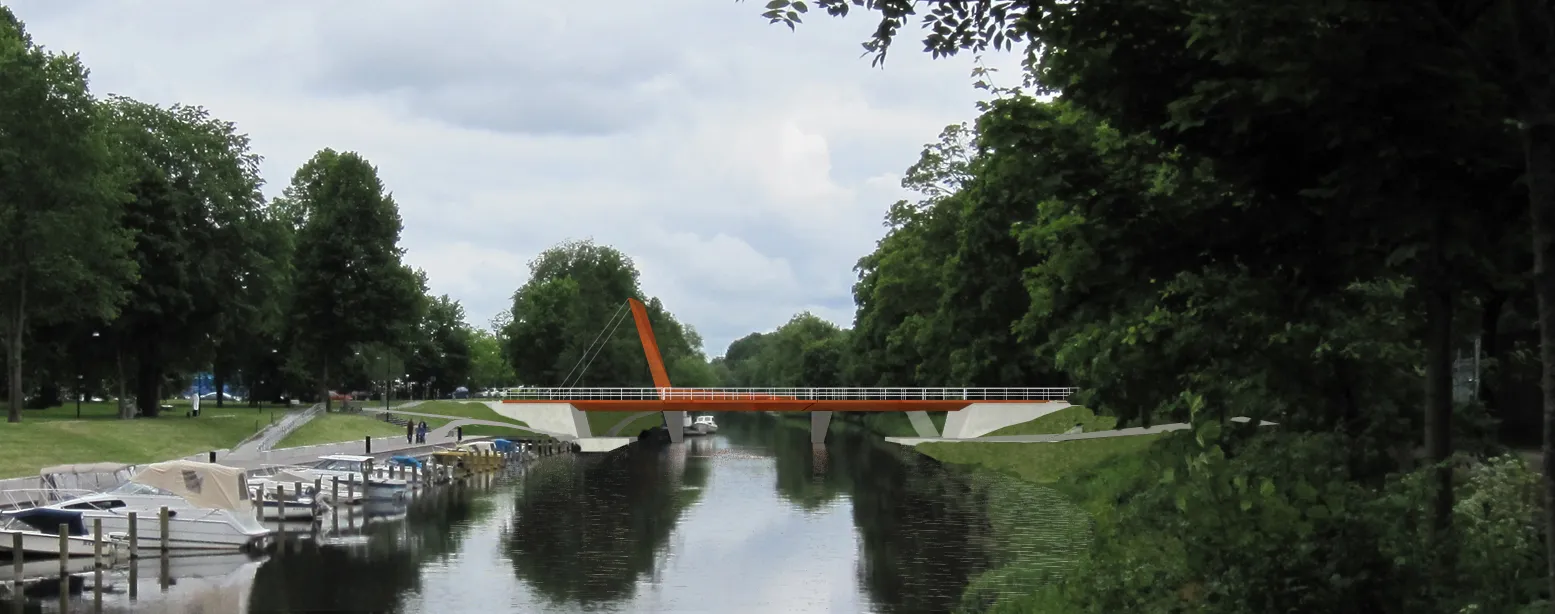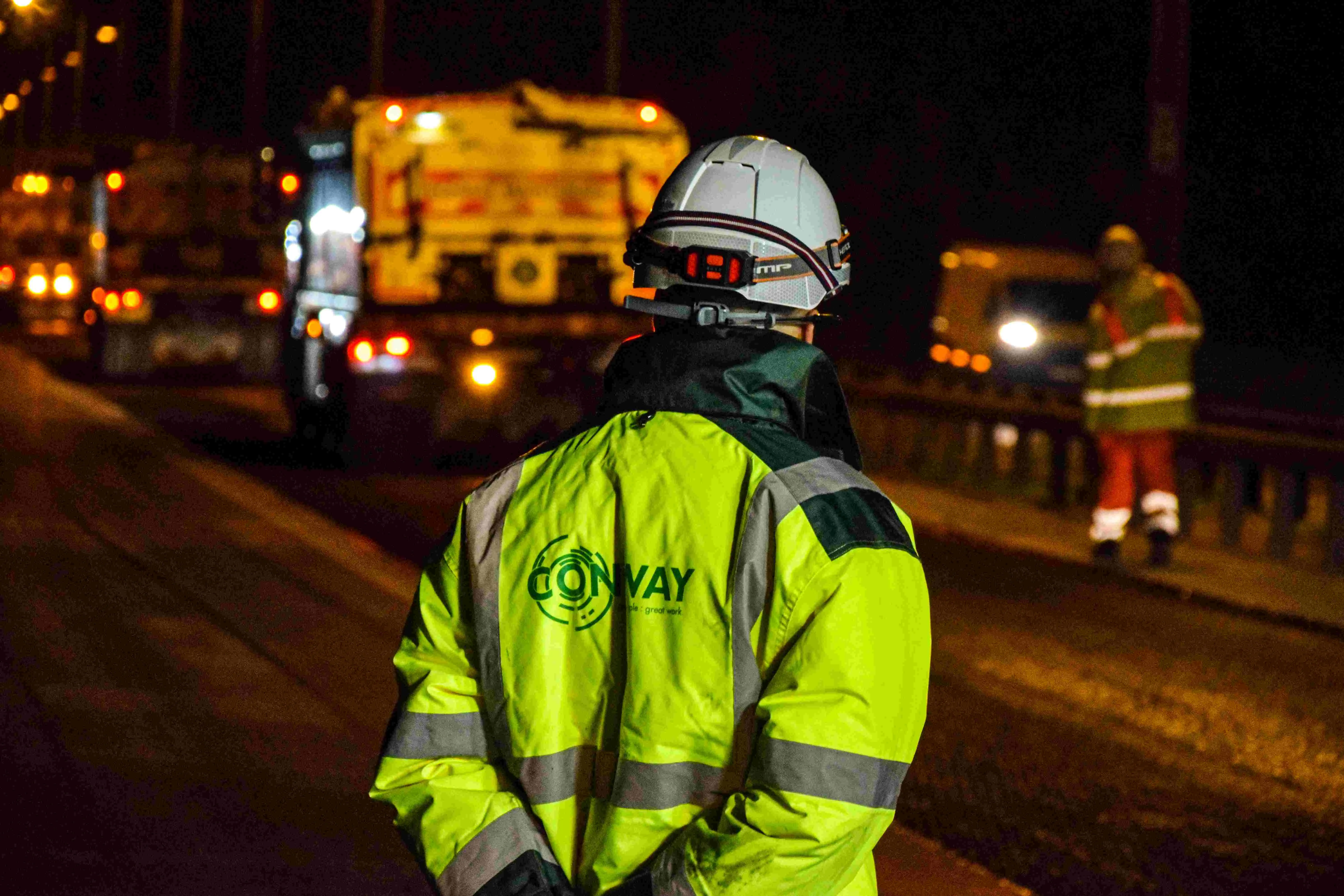Eiffage has won a contract to restructure the Quai d’Ivry interchange on the Paris ring road.
Eiffage’s Public Works division picked up the €48 million deal within Paris’s 13th arrondissement.
The 40-month contract was awarded by Paris’s development agency SEMAPA -- Société d’Etude, de Maitrise d’Ouvrage et d’Aménagement Parisienne.
Eiffage said in a statement that the contract involves “every area of expertise offered by the Public Works division, including civil engineering, steel construction an
June 19, 2015
Read time: 3 mins
Eiffage’s Public Works division picked up the €48 million deal within Paris’s 13th arrondissement.
The 40-month contract was awarded by Paris’s development agency SEMAPA -- Société d’Etude, de Maitrise d’Ouvrage et d’Aménagement Parisienne.
Eiffage said in a statement that the contract involves “every area of expertise offered by the Public Works division, including civil engineering, steel construction and road building”.
More than 200,000m2 of soil will be moved and seven reinforced concrete structures, including four pre-stressed and one concrete-steel composite structure, will be built.
Around 19,500m2 of road will be surfaced with Microphone phonic coated aggregate, developed by the public works division’s laboratories to reduce tyre and road contact noise.
The deal follows on from other contracts between Eiffage and SEMAPA, including projects to cover railway lines and car parks for the Paris left bank development area, called ZAC Paris Rive Gauche. It also follows work carried out on a section of the Paris ring road in summer 2013, with the laying of Microphone phonic coated aggregate surfacing.
Eiffage’s group activities are organised in construction, civil works, energy, metal and concessions with public-private partnerships. It has more than 66,000 employees and generated revenue last year of €14 billion, of which 16% was outside France.
The Public Works division handles road and railway construction, civil engineering, sanitation, the environment, earthworks and steel construction. The division has 23,000 employees and revenue of around €4.4 billion.
In February, Eiffage announced its Public Works division had acquired Puentes y Torones, a Columbian civil engineering business founded in 1992. Puentes y Torones, based in Bogota, has nearly 500 employees and annual revenue of €20 million. Projects include the El Tigre viaduct built in the Columbian Andes and involvement with Bolivia’s Trillizos Bridges – The Triplets – in La Paz.
Eiffage said at the time that the Columbian acquisition and that of ICCI in Canada in June 2014, “confirms Eiffage’s determination” to be a bigger player internationally.
“It also gives Eiffage a firm foothold on the continent of South America where there are huge needs in the field of transport infrastructure, especially in Columbia where the launch of its fourth-generation highway construction project, dubbed 4G, is the most ambitious in South America for the next 10 years.”








